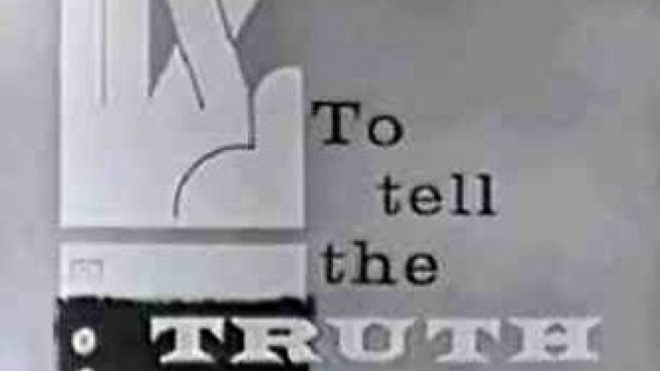My last real (corporate) job was an eleven-year run with a very fast moving “550 mph warehouse” as the company’s founder and CEO has been known to put it.
Shortly after I accepted the job offer but before the start date, my new boss, a blunt talking former FBI agent summoned me for a little extra pre-game face time. A central theme of his message was that, in my new role, he expected a lot of mental errors to be made, without which he said, “You won’t be moving fast enough to stay relevant and impactful.”
I intuitively got the part about making mistakes, but the “lots of mistakes” part was a little bothersome. The first image that came to mind stemmed from car racer Mario Andretti, who is fond of saying that, “if everything becomes clear, you’re just not going fast enough.” In the movie screen of my mind, that was quickly replaced with scenes of all those nasty on-track wrecks. I quickly set out to create some mechanisms and safeguards that would allow us to generate and try out lots of ideas, yet be able to quickly identify and avoid or remediate the stinkers.
Just as a race driver has spotters positioned around the track to advise him or her that there is a wreck in turn 2, an oil slick in the back straightaway, that the car is smoking, or a competitor is getting ready to pass, I wanted some real-time, ultra clear feedback on the issues and opportunities around us. I quickly became a proponent of having “spotters”, or people I affectionately referred to as “truth-tellers.” As a first step, everyone on staff, everyone was told that they had not just a right, but a responsibility to turn the streetlights to yellow or even red if they thought we were about to crash, and they had a better idea.
Occasionally, someone would use this permission (really it was encouragement) and act, but for the most part, my organization was like a lot of others where you find greater deference to authority than there should be and, even though it was about the last thing I wanted, fear.
So, within my direct team, I built enhanced relationships with four of the stronger performers, Diane, Bernie, Walter, and Brad, who were specifically and overtly tasked with being truth-tellers. All of them had specific instructions to find and interrupt me at any time, close the door, and tell me in no uncertain terms that my baby was ugly, that we were getting ready to do something really stupid, or whatever the case might be.
Thankfully, all of them took this role seriously, and as a result, kept me (and our business unit) from experiencing a lot of wrecks. Usually, I agreed with their counsel, some of which was pretty tough. Diane told me once that I had just offended someone, and if what she heard was true, she didn’t blame the person for being offended. She allowed that she had just sent a fruit basket as a peace offering, and that the only thing that basket needed was my apology to go with it. Yikes! Sometimes I didn’t agree with them, or was just hard-headed, but in every case, I tried to show my appreciation for their caring enough to say something.
So what does this have to do with you? In a word, everything. The pace of operating a business gets quicker by the day. The workspace is less collegial. Most managers no longer have the luxury of having an assistant sitting right outside their door to serve as an arranger, a fixer, a soother of ruffled feathers, a consigliore, an early warning system, a Diane. And despite the words that are widely mouthed, tolerance for mistakes continues to go down. That’s right, down. Think about it – most business analytics don’t differentiate very well between a learning-based error and a common variety screw-up. So, every error is recorded, quickly digitized, and your batting average just went down.
A few thoughts:
- It’s incumbent upon you to have a few of your own truth-tellers, people who care enough about the organization, its mission, and you to tell you how they see it, even when it’s something you really don’t want to hear, but need to know. Find them, cultivate the relationship, and show that you appreciate them.
- You need to be mature enough to not shoot or otherwise abuse the messenger. In the first two minutes of a “Got Your Six” presentation, former U.S. Army Lieutenant Becky Kanis Margiotta, @beckykanis offers a crisp, clear, professional, yet profane (think Army speak) example of how her boss reacted to being awakened in the middle of the night over a communication systems problem. Aside from a new expression, you’ll likely learn something from her example.
- Be courageous enough to provide the same service for your boss, if they want it… repeat, if they want it. If you do, bear in mind that this role involves having enough discretion to use the proper time and venue for the messaging, and then having the short-term memory of an Alzheimer’s patient once you’ve delivered the news.
I’m pretty sure you’ll find that if you give this a try, you’ll be able to operate a little faster, safer, and more productively. Your thoughts as always are welcome.
book richard or bill to speak for your meeting
